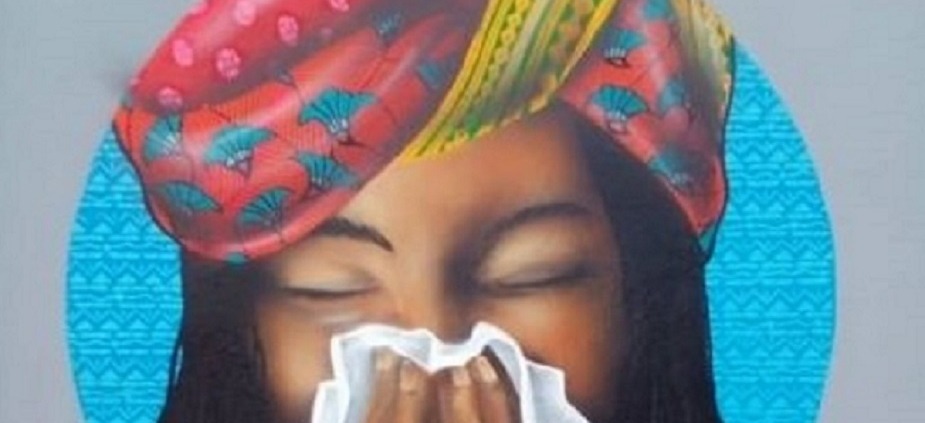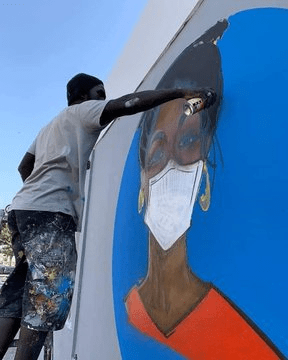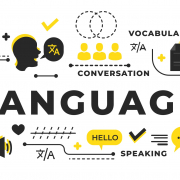Africa: Overcoming the Challenges of Conveying Prevention Messages
In North America, people tend to call the coronavirus a “nasty flu,” while too often referring to the flu itself as a “bad cold”—an unfortunate habit with repercussions when it came to realizing the danger COVID-19 actually represents.
It really makes you appreciate how hard it can be to use the right words. This problem is even more pronounced on the African continent because most countries have multiple established languages and dialects.
A Message for Every Country
In Senegal, “stay home” translates into tooglen sen ker in Wolof and An ka tô sô in Mandingo. And while French is widely spoken as well, it’s only one language among a total of 21 languages identified in the country.
Nigeria, which is home to 250 ethnicities, is one of the most multilingual countries in the world. The official language might be English, but 60 million Nigerians speak Pidgin. For 44 million residents, Hausa is their mother tongue, for 42 million speakers it’s Yoruba, and for 35 million it’s Igbo. This can make spreading uniform prevention messages an exceptionally complicated task.
In Mali, the Bambara word for “virus” can be translated as “seed of sickness” (banakise). This begs the question, how can we ensure that local neologisms and scientific terms will convey a single, unambiguous message that everyone can understand?
“Of course, all these languages can express sickness. But there can be significant differences between a translation and its interpretation. It’s important to analyze and factor in this linguistic situation, because it can be problematic for prevention messages,” medical anthropologist Yannick Jaffré explains to France Info. “Historically, African languages don’t really have a ‘scientific’ medical vocabulary. So, there can be quite an imbalance between a medical message on prevention and the way it is conveyed to the various populations. This sometimes means approximations and equivalences are worked in, especially among the underprivileged,” he adds.
In the town of Azaguie-Ahoua, about 30 miles north of Abidjan, prevention messages are broadcast on loudspeakers in both French and Abe, a local language.
“Here, leaders have an excellent solution with the loudspeakers. This prevents contact [at a gathering]. The message gets through. People follow the instructions.”
Could the Dakar University project, in collaboration with young artists, be the key to a universal language?
In any case, translation—and especially localization—are essential for ensuring messages are understood by all. Working with a professional translation agency specializing in the medical field can greatly contribute to keeping people safe.
























Leave a Reply
Want to join the discussion?Feel free to contribute!